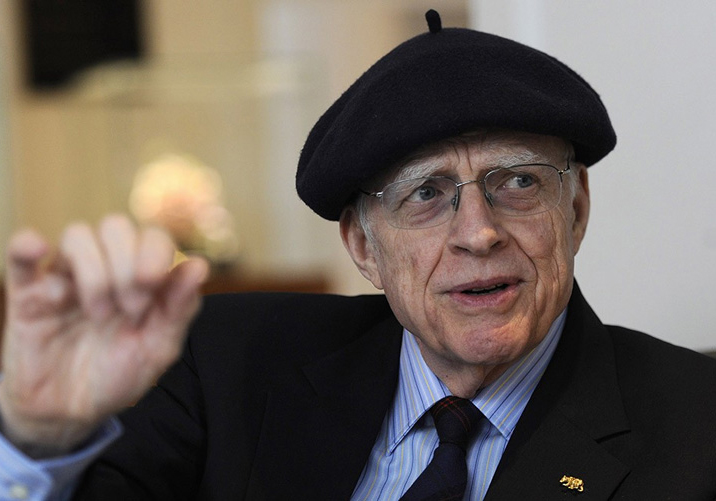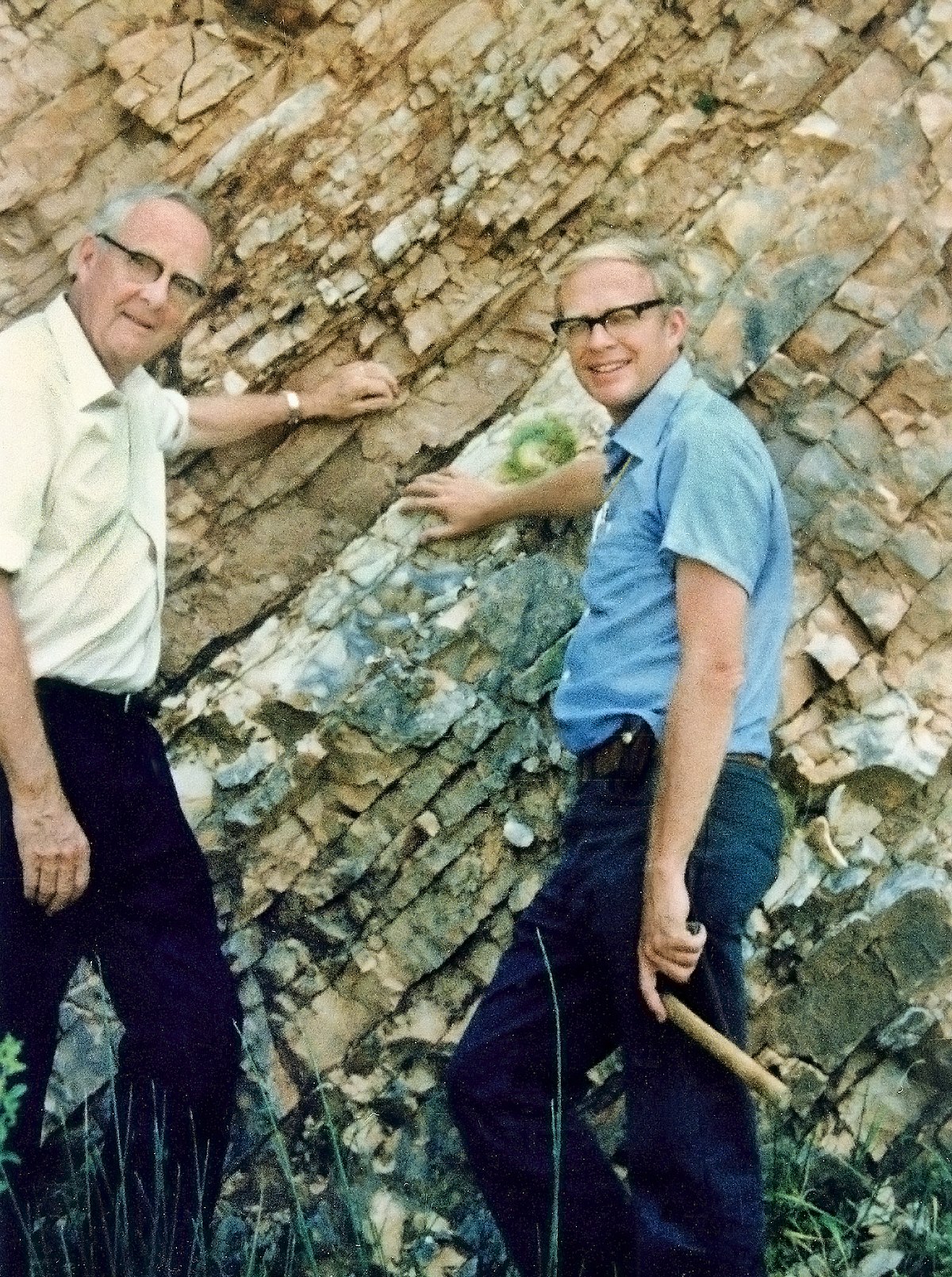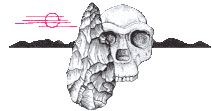The Stone Age Institute Presents
2012 Award for Outstanding Research to
Dr. Walter Alvarez


Walter Alvarez is Professor Emeritus of Earth and Planetary Science at the University of California, Berkeley. He is a member of the National Academy of Sciences and recipient of the Penrose Medal, the highest honor of the Geological Society of America.
Alvarez and his father Luis W. Alvarez are most widely known for their discovery (with Frank Asaro and Helen Michel) that a clay layer occurring right at the Cretaceous–Paleogene (K-Pg) boundary was highly enriched in the element iridium. Since iridium enrichment is common in asteroids, but very uncommon on the Earth, they further postulated that the layer had been created by the impact of a large asteroid with the Earth and that this impact event was the likely cause of the Cretaceous–Paleogene extinction event.
This iridium enrichment has now been observed in many other sites around the world. And further, the very large Chicxulub crater was identified and is now regarded as the definitive evidence of a large impact. Consequently, a majority of scientists now accept the impact scenario as the most likely cause for the Cretaceous–Paleogene extinction event which occurred 66 million years ago and eliminated 75% of all species, including all non-avian dinosaurs. His book, T. rex and the Crater of Doom, documents the discovery of the Cretaceous–Paleogene extinction event.
In addition to his interest in extinction events and impacts, Alvarez has contributed to the understanding of Mediterranean tectonics, Roman geology and archeology, and the establishment of magnetostratigraphic correlations.
Alvarez began teaching a course in Big History at UC Berkeley in 2006 under the title "Big History: Cosmos, Earth, Life, Humanity." He last taught the course in 2011 where it was videotaped and made freely available online. According to Alvarez, Big History is the "attempt to understand, in a unified and interdisciplinary way, the history of the Cosmos, Earth, Life and Humanity." This definition was later adopted by the International Big History Association (IBHA), of which Alvarez was a founding member. You can view the video recording of Alvarez's Big History course here.
Dr. Alvarez will join us on IU Bloomington campus this semester as the Wells Scholar Program Professor and as a Scholar in Residence at the Stone Age Institute.
Public Events with Walter Alvarez
“Evolution in the 21st Century: Science, Education, and Politics” Date: March 21st, 2012 at 7:30 pm
|
“Big History: A Bridge Between the Humanities and Sciences” Date: March 26th, 2012 at 7:30 pm
|

